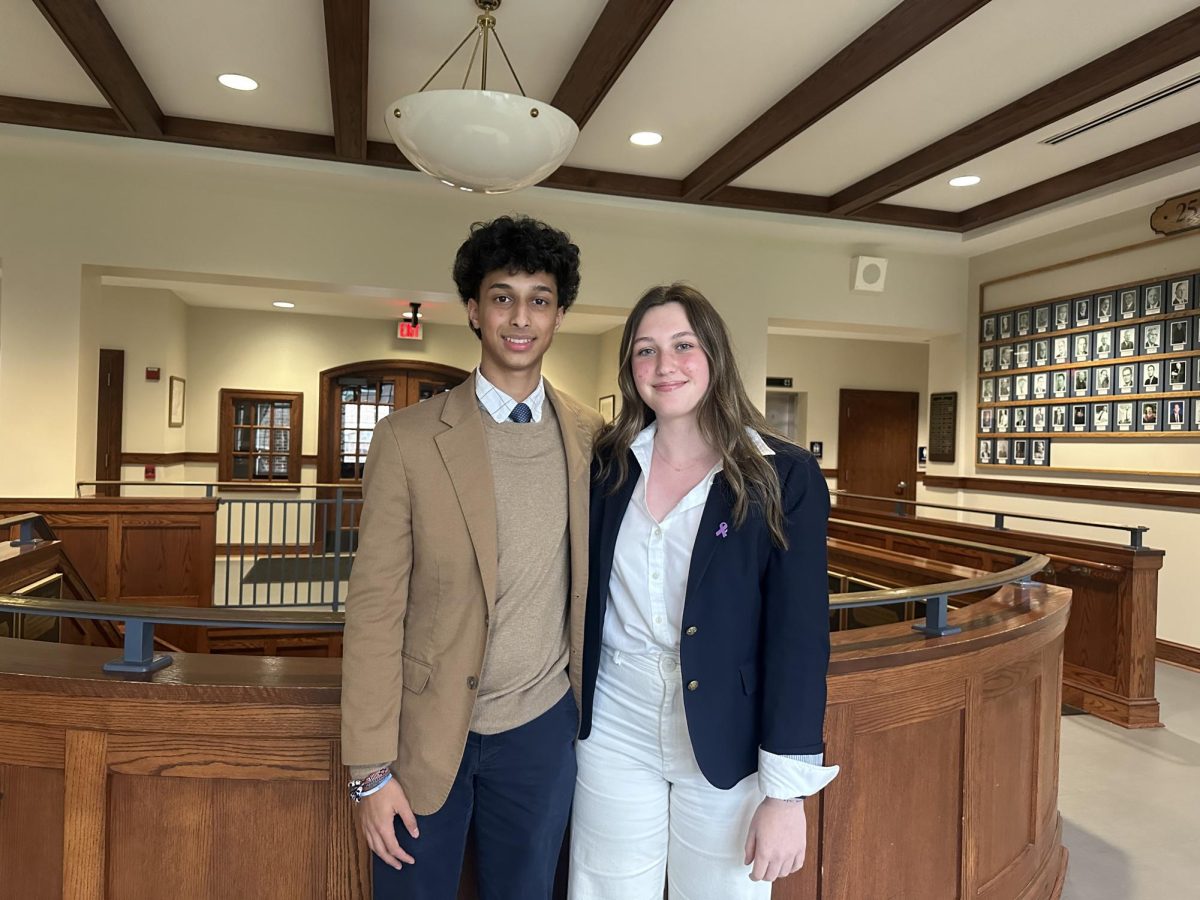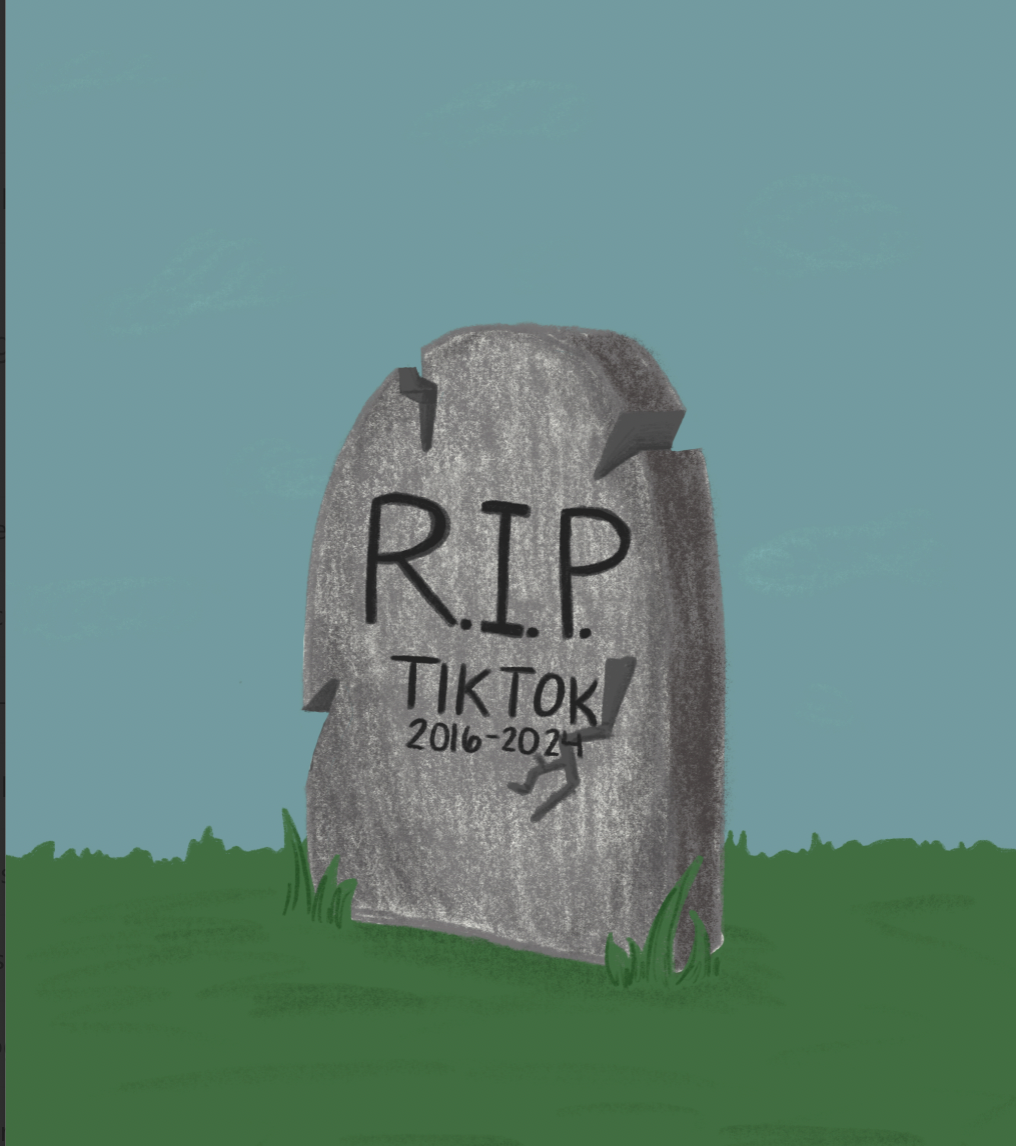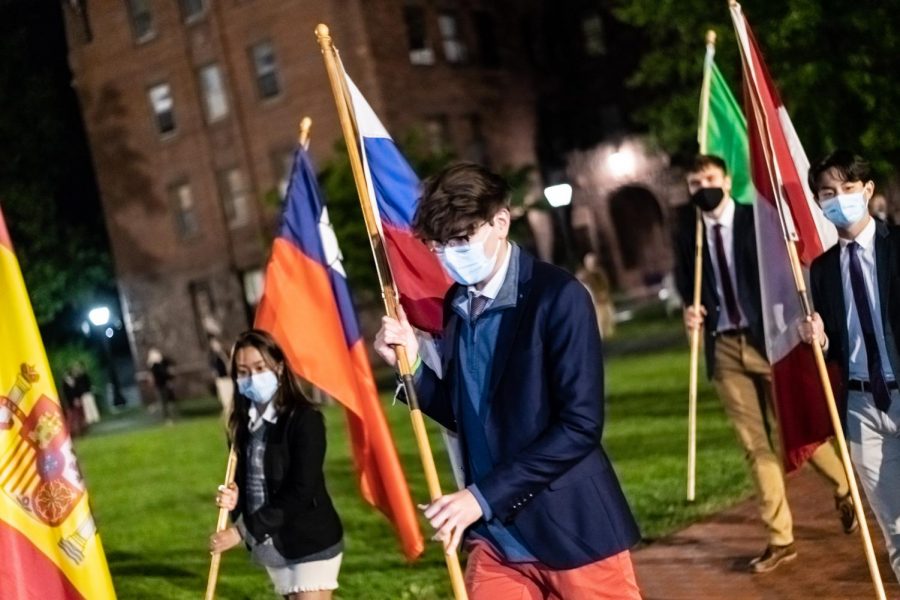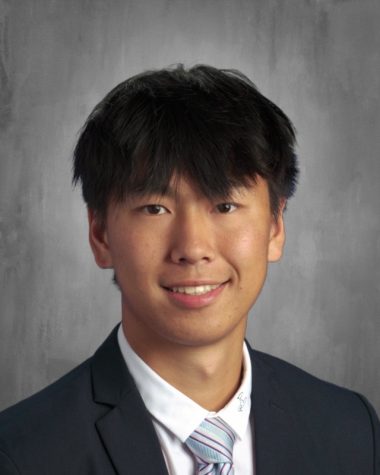What do the Capitol riots mean for the world? International students and global leaders react
The whole world witnessed history in Washington, D.C. on Jan. 6, when a group of pro-Trump supporters raided the Capitol and interrupted the counting of Electoral College votes to certify Joe Biden as president-elect. This rampage was encouraged by President Trump. He was seen cheering on for the protesters who were converging by the thousands on the U.S. Capitol.
Multiple world leaders reacted to the shocking event in Washington and condemned the violent acts.
UK Prime Minister Boris Johnson called out the “disgraceful scenes” and tweeted: “The United States stands for democracy around the world and it is now vital that there should be a peaceful and orderly transfer of power.”
Swedish Prime Minister Stefan Lofven described the scenes as “an assault on democracy” and said that President Trump and several members of Congress bear substantial responsibilities for this development.
Chinese Foreign Ministry Spokesperson Hua Chunying hoped that American people could regain their peace, stability and safety as soon as possible.
In a video on Twitter, French President Emmanuel Macron said that as “one of the world’s oldest democracies, supporters of an outgoing president take up arms to challenge the legitimate results of an election, a universal idea – that of ‘one person, one vote’ – is undermined.”
Living in the U.S. from multiple cultures, citizenships and backgrounds, Hill international students shared their opinions on the Capitol mob as well.
Jerry Li ’22 was ready to go to bed at his house in Beijing when waves of news notifications overwhelmed his cellphone. The Capitol mob had happened. He said the event “felt surreal,” and he was shocked to see one of the most prominent buildings in the United States being infiltrated so easily. “Photos of the insurrection look like scenes out of an apocalyptic movie rather than those in real-life Washington DC,” said Li.
When asked about people’s reactions from China, Jerry Li classified two moods: “I think for the Chinese Communist Party [CCP], it means good things. For the CCP, such a turbulent transition of power in a direct hegemonic rival would most certainly disrupt domestic activities and slow growth. China, on the other hand, benefitting from an authoritarian regime, is tasting the sweet fruits of political efficiency and relative economic stability.” Li told the author that he thinks “for the Chinese people, the matter is more complicated. Those who are not directly involved with the US will probably be benign bystanders who would sigh with surprise at the status quo or crack a few cynical jokes. Those who are studying abroad, in transnational corporations or are involved with the US in other ways are most likely more serious in their reaction. Of course, the event’s damage on these people vary, but the gist will be that it is a totally negative event that could have tremendous socio-economic ramifications.”
Jerry Li also noted that “not all Republicans are Trump supporters and there are multiple Republican organizations, such as the Lincoln Project, against the re-election of the president.”
Meanwhile in Russia, the Capitol mob was broadcasted on Russian television all over the country. Ariana Polevshchikova ‘23 said, “The whole country watched closely to the tragic event that took place in Washington. We were overwhelmed with empathy for the Americans.” From local federal publications such as RBK and Kommersant, she concluded that Russians tend to support most Americans’ views concerning who initiated the riot. “We were all aghast by the news that came out a couple of days ago, realizing that this could affect anyone,” Polevshchikova added.
For Stefanie Li ‘23, she has seen similar protests and riots back home in Hong Kong. She said that she couldn’t support a protest that “put so many lives in danger.” and added that “It’s also ironic in the sense that they (Trump supporters) were the ones saying, ‘blue lives matter,’ and now they are the ones endangering police officers.”
She continued her thoughts on the Capitol mob and said it was “actually being compared by some people to the protests back in Hong Kong a while ago which definitely brought up some interesting dispute. Many argued that it was incomparable since the majority of the protests were peaceful while others argue that some of those protests were intense and violent. People were quite shocked but it also wasn’t new to a lot since there was a similar act of Hong Kong people storming into the legislative council complex a while back in 2019.”
When asked about the potential reason behind the Capitol mob, Stefanie Li criticized Trump for encouraging his supporters to take action and overturn the election. Jerry Li added that “there is just cult mentality now with Trump supporters,” and he blamed Trump and his attitude as the main catalysts in driving the Capitol coup.
Harry Zhu ’22 from Shanghai also condemned the violence and suggested: “a thought experiment for us to further understand the event and prevent something similar in the future.” Zhu believed that understanding history is the key to grasp the present.
As an international student who lived right by the U.S. border in Cabo, Mexico, Javier Troncoso ‘23 said, “It is really shocking for us Mexicans to see how one of the most powerful countries in the world, if not the most powerful country can’t control their people and can’t make them happy.” He also mentioned that the democratic system is falling apart and the two parties need to respect each other and help erase the division in the country together. “Both political parties are showing that they don’t care about the country and they only care about the people that follow them,” Troncoso said.
The same reactions are happening in Vietnam. Khoa Cao ‘23 said that Vietnamese people are “shocked” and even “humoured” by the riots. “The incident didn’t really mean anything to us because we kind of expected such things to happen during this time (election and inauguration) and especially in this chaotic presidency,” Cao added. He also called out the law enforcement team on their little reaction during the Capitol mob. Cao said that he feels perplexed about the fact that the same people who praised American democracy, eventually turned their backs to it.
Harliv Singh ‘23 from Edmonton, Canada also shared her thoughts on the Capitol mob. “To Canadians, the assault on the Capitol on Jan. 6 was shocking, frightening, and worrisome. The Canadian public definitely cares about events in America. We are neighbours in every respect and most of us have family, friends, and relationships in the States. The way I imagine it, it’s like looking over your neighbour’s fence and seeing their shed on fire. We worry that the fire will spread but are hopeful that American democratic principles will prevail,” she said.
“My grandparents and aunt are American and live in Phoenix, Arizona. When it comes to talking about election fraud, they have no idea what Trump and Republicans are talking about. They voted in Maricopa County, their votes were counted, and the election was called… end of story. If there truly was ‘fraud,’ Canadians don’t understand why courts haven’t been presented with evidence and proof of wrongdoing. The accusations of fraud look dangerous and taint Western democracies. If you don’t have proof, you are guilty of exploiting people’s fears, lack of knowledge, and worst impulses.”
Singh thought that the Capitol mob was a representation of political extremist philosophy, that exists in all countries. “The great danger is that the mob was driven by the President of the United States and a feeling that he and his supporters were “robbed.” In Canada, there are groups that exist on the fringes of the political spectrum, but our two major political parties (the Liberals and Conservatives) are centrist. Canadian politics to me seems less ‘tribal’ and more interested in collaboration,” she shared.
“We are hopeful that this ugly chapter comes to a close and our friends and family south of the border can look to a history and shared set of values/principles that should unite and not divide,” Singh concluded.
Just like Singh said, it is clear that internationally, people are looking at the events at the Capitol and wondering what it means for America and for the rest of the world.




























